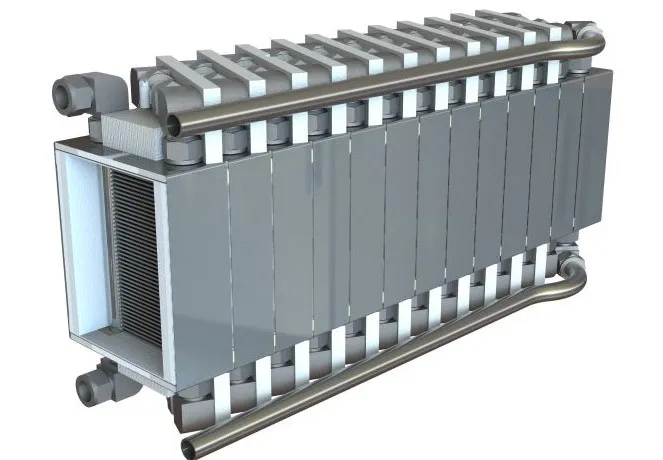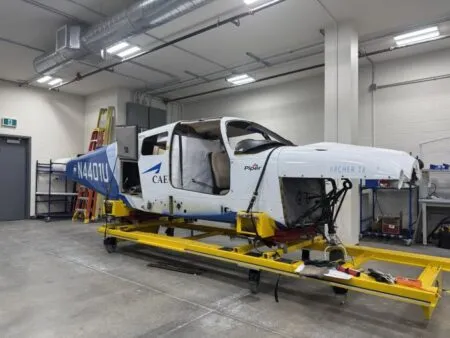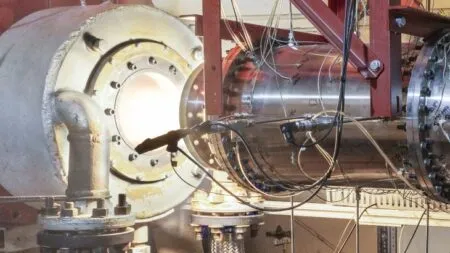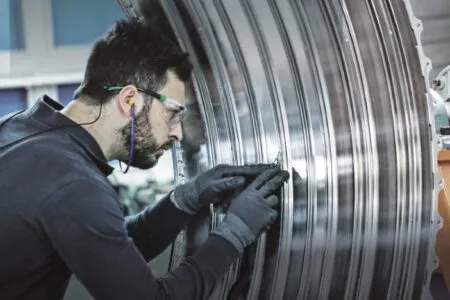Reaction Engines, IP Group and the UK’s Science and Technology Facilities Council are to jointly develop a device for aircraft to enable the use of ammonia as a fuel in aircraft.
The three organisations are setting up a joint venture company to design and bring to market an ammonia cracker reactor that can be retrofitted to aircraft engines.
As well as aviation the reactor would also be suitable for use in marine shipping.
The reactor will catalytically crack the ammonia into an easy to combust fuel for gas turbines and internal combustion engines. This would open the option of using ammonia as a zero-carbon fuel for transport applications.
Ammonia is already widely transported and stored globally. It has a higher volumetric energy density than hydrogen. The cracking process involves conversion of fuels and chemicals to their component parts, turning ammonia (NH3) to three parts hydrogen (H2) and one part nitrogen (N2).
Reaction Engines described green ammonia as an “essential component” of a net-zero economy, with the potential to replace existing fuels without needing to redesign vehicles if partially converted to hydrogen. According to the company, its crackers enable production of a fuel that “closely mimics jet-fuel, but without the CO2 emissions”.
Tom Scrope, chief financial officer of Reaction Engines said, “Studies so far have shown that a retrofit to an existing airframe would be a minor modification of the aircraft. The heat exchanger would integrate with the engine and the system would be lightweight and compact.”
There will be an initial demonstration of the cracker and combustion system this year and then dependant on the raising of additional capital early next year followed by a two years of ground testing.
Reaction Engines’ heat exchanger technology — developed for its SABRE engine and currently being used in other technology applications — will combine with the Science and Technology Facilities Council’s specialist knowledge of developing ammonia catalyst technology. IP Group will provide funding and venture-building expertise.
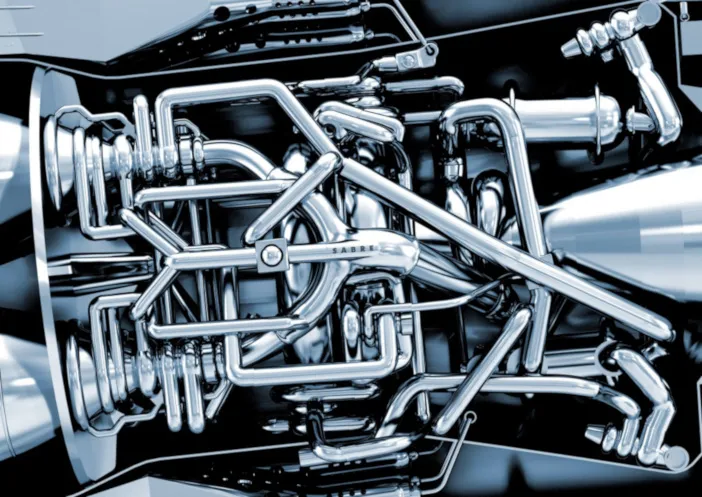
“I am thrilled to see the hard work we’ve been undertaking with our partners at STFC culminate in the formation of a new joint venture to bring to market decarbonisation technology solutions,” said Dr James Barth, ammonia programme lead at Reaction Engines.
“Having IP Group’s backing for Reaction Engines’ first commercial spin-out is a huge vote of confidence in the compact, lightweight ammonia reactor technology we are developing.”


